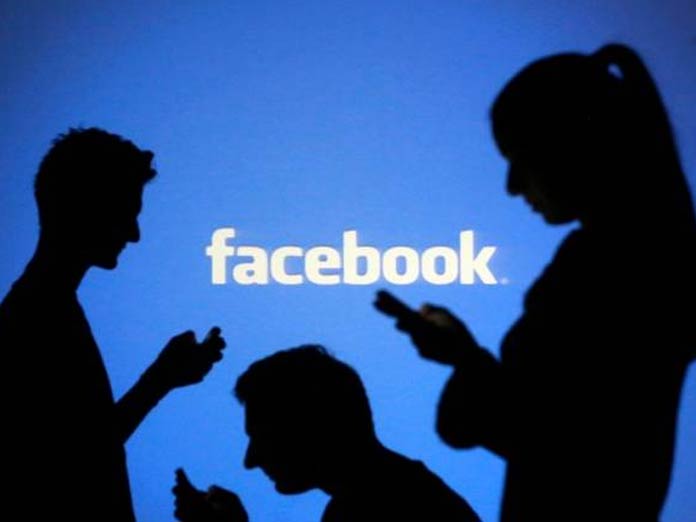Never been on Facebook? Your privacy may still be at risk, says study

Your privacy on Facebook and Twitter may be at risk even if you have never been on social media or have deleted your account, a study suggests
Washington: Your privacy on Facebook and Twitter may be at risk even if you have never been on social media or have deleted your account, a study suggests.
Individual choice has long been considered a bedrock principle of online privacy, said scientists from the University of Vermont in the US and the University of Adelaide in Australia. However, the study shows that if a person leaves a social media platform -- or never joined -- the online posts and words of their friends still provide about 95 per cent of the "potential predictive accuracy," even without any of that person's data. Published in the journal Nature Human Behavior, the study gathered more than thirty million public posts on Twitter from 13,905 users.
With this data, the researchers showed that information within the Twitter messages from eight or nine of a person's contacts make it possible to predict that person's later tweets as accurately as if they were looking directly at that person's own Twitter feed. "Looked at from the other direction, when you sign up for Facebook or another social media platform, you think you're giving up your information, but you're giving up your friends' information too!" said James Bagrow from the University of Vermont. The research raises profound questions about the fundamental nature of privacy -- and how, in a highly networked society, a person's choices and identity are embedded in that network.
The study shows that, at least in theory, a company, government or other actor can accurately profile a person -- think political party, favourite products, religious commitments -- from their friends, even if they have never been on social media or delete their account. "There's no place to hide in a social network," said Lewis Mitchell, formerly a researcher at the University of Vermont and now senior lecturer at the University of Adelaide in Australia.
How information moves on social media platforms, like Facebook and Twitter, has become a powerful factor in protest movements, national elections, and the rise and fall of commercial brands, researchers said. People on these platforms reveal massive amounts of information about themselves -- and their friends, they said. However, scientists have not known if there is a fundamental limit to how much predictability is contained within this tidal wave of data.
The scientists used their analysis of Twitter writings to show that there is a mathematical upper limit on how much predictive information a social network can hold. However, it makes little difference if the person being profiled, or whose behaviour is being predicted, is on or off that network when their friends are on the network, researchers said.














